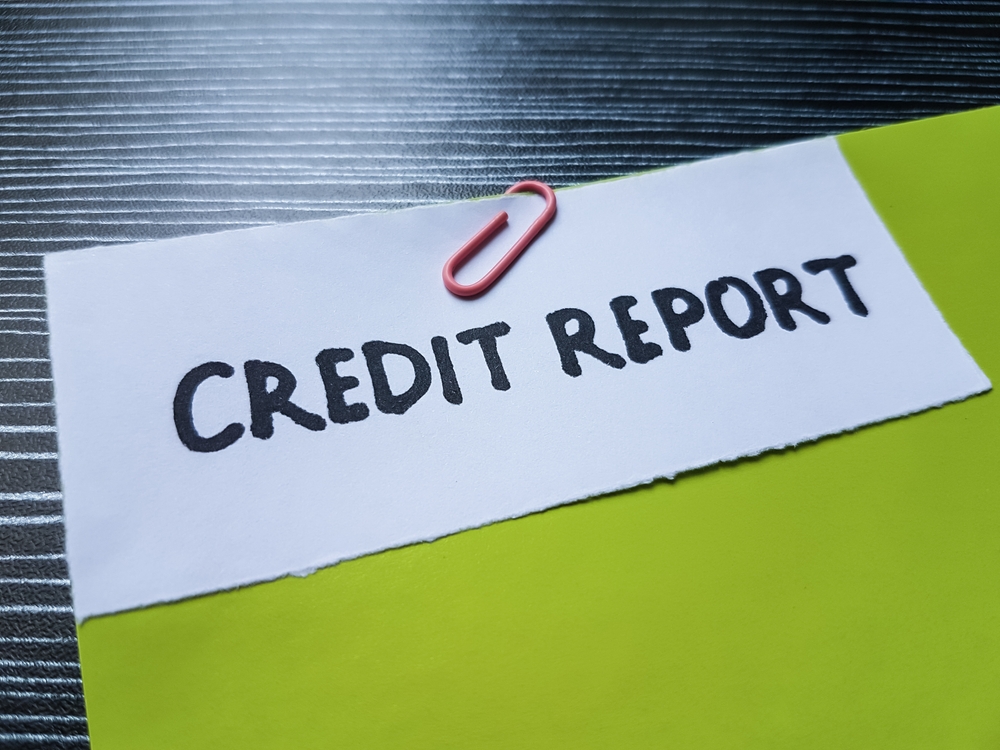The Fair Credit Reporting Act (FCRA) is a federal law that governs how consumer reporting agencies collect, share, and correct information. In South Carolina, residents rely on accurate credit reports for loans, housing applications, and employment screenings. When errors or outdated entries appear, they can derail financial goals and create undue stress. Understanding your rights under the FCRA helps you hold credit bureaus and furnishers responsible for maintaining truthful records.
Understanding Your FCRA Rights
Under the FCRA, you have the right to receive one free credit report from each major nationwide bureau—Equifax, Experian, and TransUnion—every 12 months. If information is incomplete, incorrect, or unverifiable, you may request a reinvestigation. Credit bureaus must respond within 30 days and correct any inaccuracies they confirm. South Carolina consumers can also place fraud alerts or credit freezes to guard against identity theft.
Common Credit Report Errors
Mistakes on credit reports often include:
- Accounts that do not belong to you
- Incorrect payment history or balances
- Outdated personal information
- Duplicate listings of the same debt
These errors can lower your credit score, increase loan rates, or even lead to denials. Spotting discrepancies early enables you to take swift action and minimize damage.
How to Dispute Inaccurate Data
To challenge an error, draft a clear dispute letter to the credit bureau, identifying the specific entry and explaining why it is wrong. Include supporting documents—such as payment records or identity verification—to strengthen your claim. Send the letter by certified mail and keep copies for your records. The bureau must investigate and notify you of the outcome.
Enforcing FCRA Compliance
If a bureau fails to correct a verified mistake, or if a furnisher (a lender or creditor) does not report accurate updates, you may have a private right of action. South Carolina consumers can sue for actual damages, statutory damages (up to $1,000 per violation), and reimbursement of attorney’s fees and court costs. Courts may also award punitive damages when willful noncompliance is proven.
Statute of Limitations and Next Steps
Generally, you must file an FCRA lawsuit within two years from the date you discover the violation, or within five years of the date the violation occurred—whichever comes first. Acting promptly preserves your right to seek remedies and deters further misconduct by credit reporting agencies.
If inaccurate information is hindering your financial future, Hays Cauley, P.C. offers seasoned representation to enforce your FCRA rights and pursue full recovery. Contact the firm to discuss how to move forward with a dispute or claim under the Fair Credit Reporting Act.


